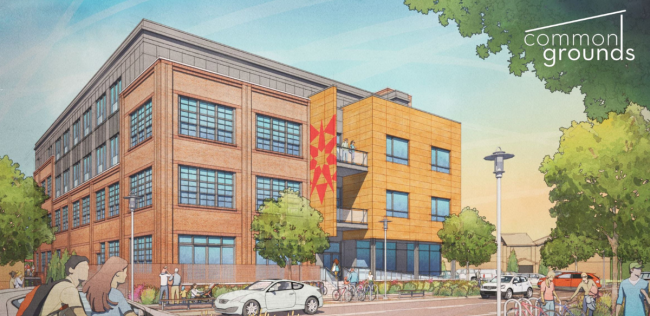When we work together, we can make our communities better. But one person’s idea of better is not always the same as another’s. That can make finding common ground difficult.
Attorney and entrepreneur, Kate Redman, has devoted her life to doing just that: seeking common ground for the good of her community.
Redman was raised in the small town of Dansville, Michigan, just southeast of Lansing. With a population of about 400, her hometown inspired her to pursue a career in community development.
“I have always been interested in how spaces affect how people interact with each other,” explained Redman. “I knew that I wanted to do planning and zoning in rural areas with small towns and farming communities.”
Becoming a lawyer, however, was not always the plan. In fact, she wasn’t too familiar with the profession. “I didn’t know what lawyers did. I also didn’t know any lawyers,” she chuckled. “I was going to go to planning school, but I thought, ‘I bet if I had a law degree, that would be helpful.’”
In 2010, with a law degree in hand and community development on the brain, Redman moved to Traverse City to work in nonprofit, business, and local government law at Olson, Bzdok & Howard. While at the firm, she noticed a couple trends among her smaller clients.
“Working with nonprofits and small businesses, I saw that the law often came up as a barrier and these organizations, overall, had a lot of the same challenges,” she explained. “My thought was, ‘Wouldn’t it be great if the law was something that didn’t get in the way of these organizations and they could also connect with each other and help each other out?’”

In 2017, Redman started her own practice, Commonplace Law, and a nonprofit community incubator hub, Commonplace, in downtown Traverse City. Through Commonplace Law, she could help small, community-minded organizations by combining traditional legal services with other organizational needs at a reduced, flat fee. In Commonplace, these same entities could collaborate and learn from each other in a coworking space.
“For a lot of small organizations, it can feel really isolating. With a shared workspace, it’s an easy way for these people to connect if they’re coming to work every day and getting to know each other gradually and organically.”
Redman wasn’t the only one thinking about coworking spaces. About a year and half ago, she was approached by local coffee bar and roastery, Higher Grounds, about incorporating a coworking space in a building they were planning on 8th Street in Traverse City.
In the months following this conversation, Redman found herself putting her law practice on hold and devoting her time and energy to what had become a multi-faceted real estate cooperative, Commongrounds.
Commongrounds is not just any mixed-use building. The plans for the co-op include a café and restaurant, child care facility, primary care provider, performance space, artist residence, office and coworking space, and two floors of workforce housing. There are also plenty of spaces dedicated to education, wellness, and community gathering. All of it is owned by its tenants and their customers and the community.
“It’s been so much fun to imagine what would you put in a building if you could just do whatever you wanted. I’ve been so fortunate to get the brains and the work of a ton of people in the community that care about this project.”
With the co-op slated to open in the fall of 2020, Redman hopes that Commongrounds, along with past efforts, can bring community members together and help them energize and catalyze their hopes for the community.
“We have so many people who care about this community that discussions about the future and development can be pretty contentious,” said Redman. “However, we know there is a bunch of stuff we can all agree that we want to see. We just have to ask ourselves ‘How can we use real estate development to make the community we love better, together?’”



Leave A Comment